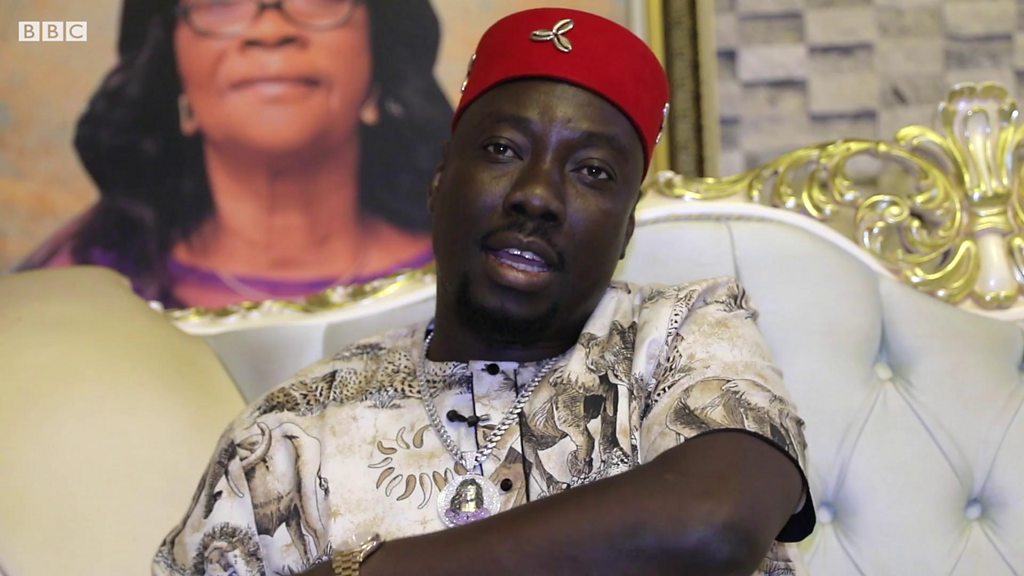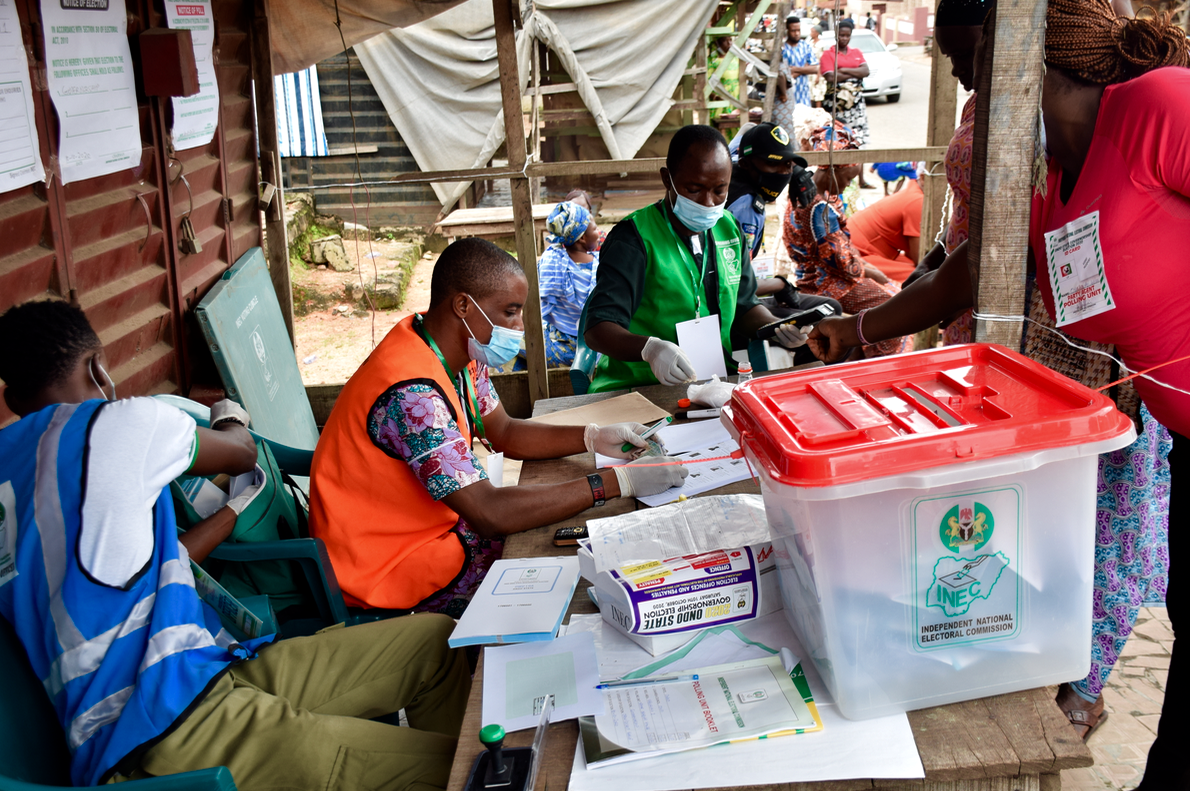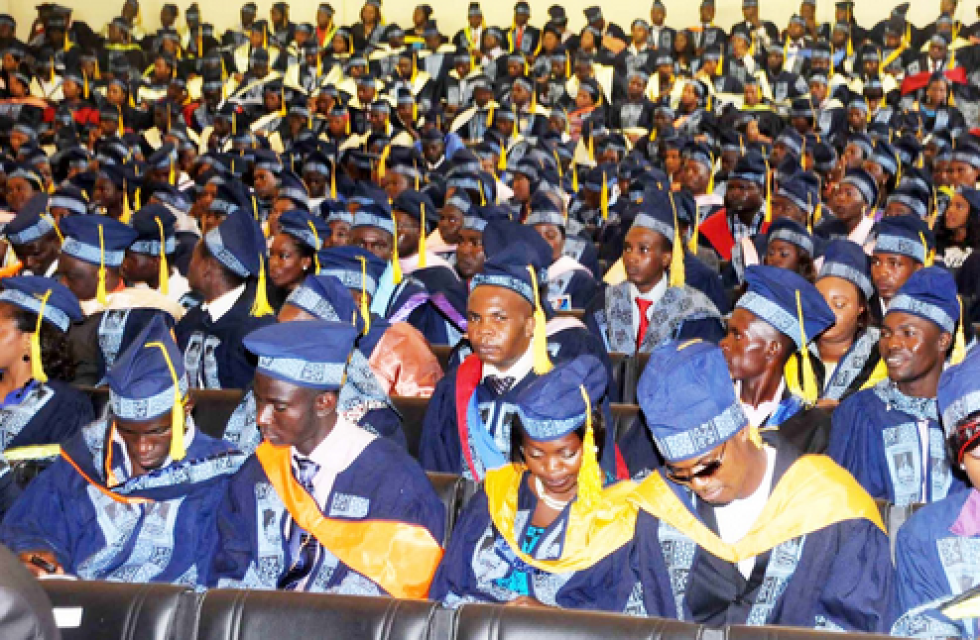Photo: BBC PIDGIN
BY KASIEMOBI EZE
Gender-based violence (GBV) is a crime directed against a person on the basis of gender or sex which constitutes a violation of human rights and therefore impacts negatively on one’s ability to secure and enjoy their basic rights. This form of violence comes under the umbrella of sexual and gender-based violence (SGBV), violence against women and girls (VAWG), harmful practices (HP) and limitation of sexual and reproductive health and rights (SRHR). It is not only physical but emotional and psychological abuse and includes forms of structural violence such as discriminatory laws and practices that promote gender-based violence. Often times, they are interrelated, originating from diverse social, economic, cultural and political contexts.
The prevalence of GBV constantly calls for the need to enhance the government’s commitment to gender equality by addressing women’s priorities in planning, budgeting systems and programming. This aligns with Nigeria’s obligation under international and national laws and standards to exercise due diligence in the prevention, response and redress of acts of violence against women and girls. For example, Article 4(h) of the Declaration on the Elimination of Violence Against Women, urges state parties to include in government budgets adequate resources for their activities related to the elimination of violence against women. Existing national action plans aimed at tackling GBV, reinforced with proper allocation of budget funds stands as a reflection of the structures and systems adequately designed to respond to GBV.
Nigeria enjoins a plethora of laws in this regard but lacks adequate financial backbone and tools to adequately implement basic GBV related laws and policies. The fact clearly speaks for itself as evidenced in the annual budget which provides little or nothing for the sectors responsible to prevent, protect and execute policies towards ending gender-based violence. These sectors include security/law enforcement, justice, health, education, women affairs and other social services. Most of the available resources channelled towards the reduction of GBV are from international organisations, non-governmental organisations and private persons. This goes to show the level of importance placed on the prevalent issues of GBV by the government.
Advertisement
Budgeting is essential towards the implementation of extant laws and fulfilment of the constitutional rights of women and girls. With the upsetting rate of GBV in Nigeria, the government ought to have a coordinated engagement with its sectors, agencies and partners aimed at preventing and addressing GBV.
This level of engagement is with the goal of strengthening key government sectors through financing specific projects and programmes for the effective discharge of their GBV duties. Improving funding for the eradication of GBV also calls for an in-depth analysis that identifies effective interventions, priority areas and core activities deemed essential for sustainability and advancement of women’s rights. In addition to funding for programmes and activities, the government needs to develop proper accountability frameworks for budgeting processes and take cognizance of cross-cutting issues like capacity training of key stakeholders, legislative and policy reviews as well as the establishment of mechanisms that ensure implementation and monitoring of duties.
Kasiemobi Eze is a programme officer at Centre for Social Justice.
Advertisement
Views expressed by contributors are strictly personal and not of TheCable.
Add a comment






